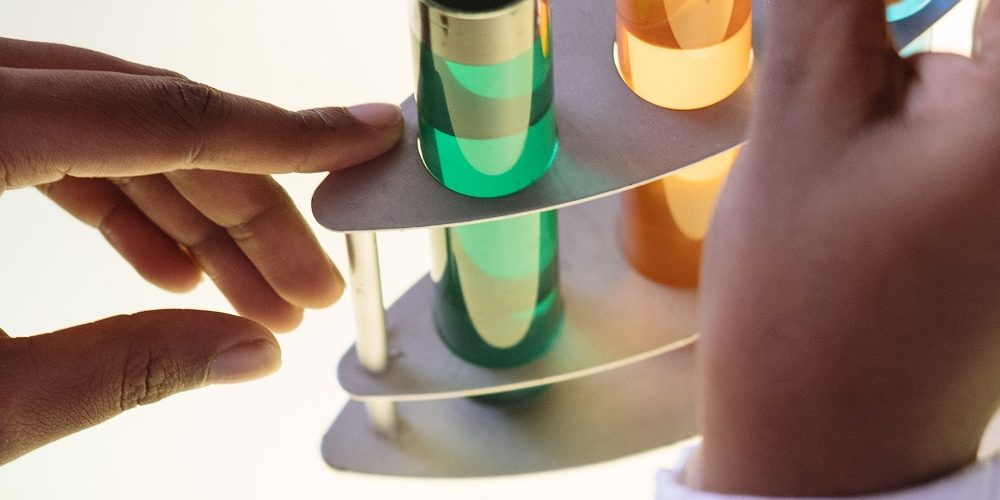
Visit Us
Smart Arcade, Block-C, B-17, Islamabad

Send Us Email
info@inovision.org

Oil & Gas Fields Chemical Treatment, (like Demulsifiers, corrosion inhibitors, scale inhibitors, pour point depressant, hydrate inhibitors and complete water treatment, etc), complete backup (after sale) services to oil and gas E&P as well as other Petrochemicals, Power plants, chemical industries. Including Initial chemical dosages, there optimization, Chemical Performance Evaluation, determination of Residual chemicals, Techno-Economical selection of the chemical treatment on actual on-site field conditions. Representation Services are also available for reputed chemical companies.
At IBS, we offer oil and gas chemical treatments field sampling, laboratory studies and product selection to field optimisation. Selecting appropriate and optimal chemical inhibition systems is a key component of corrosion management strategy. Standard tests are often inadequate for this purpose.
We have a range of successful tests for the evaluation and selection of corrosion inhibitors based on years of field experience. Testing includes evaluation of preferential weld corrosion, tests at high ppCO2, high temperature and high wall shear stress. Studies in the presence of H2S can also be carried out. The tests ensure that actual operating conditions are simulated as closely as possible. Large volume, dynamic, high pressure autoclaves and flow loops are available for reproducing even the most extreme environments.
These techniques are used to measure corrosion rates and obtain information about mechanisms of inhibition. Inhibitors may also be evaluated using electrochemical monitoring at service pressures in autoclave tests.
We carry out emulsification, foaming and inhibitor stability tests. De-emulsifiers and anti-foaming agents can also be evaluated. We also assess compatibility with other treatment chemicals (such as scale and hydrate inhibitors) and non-metallic materials.